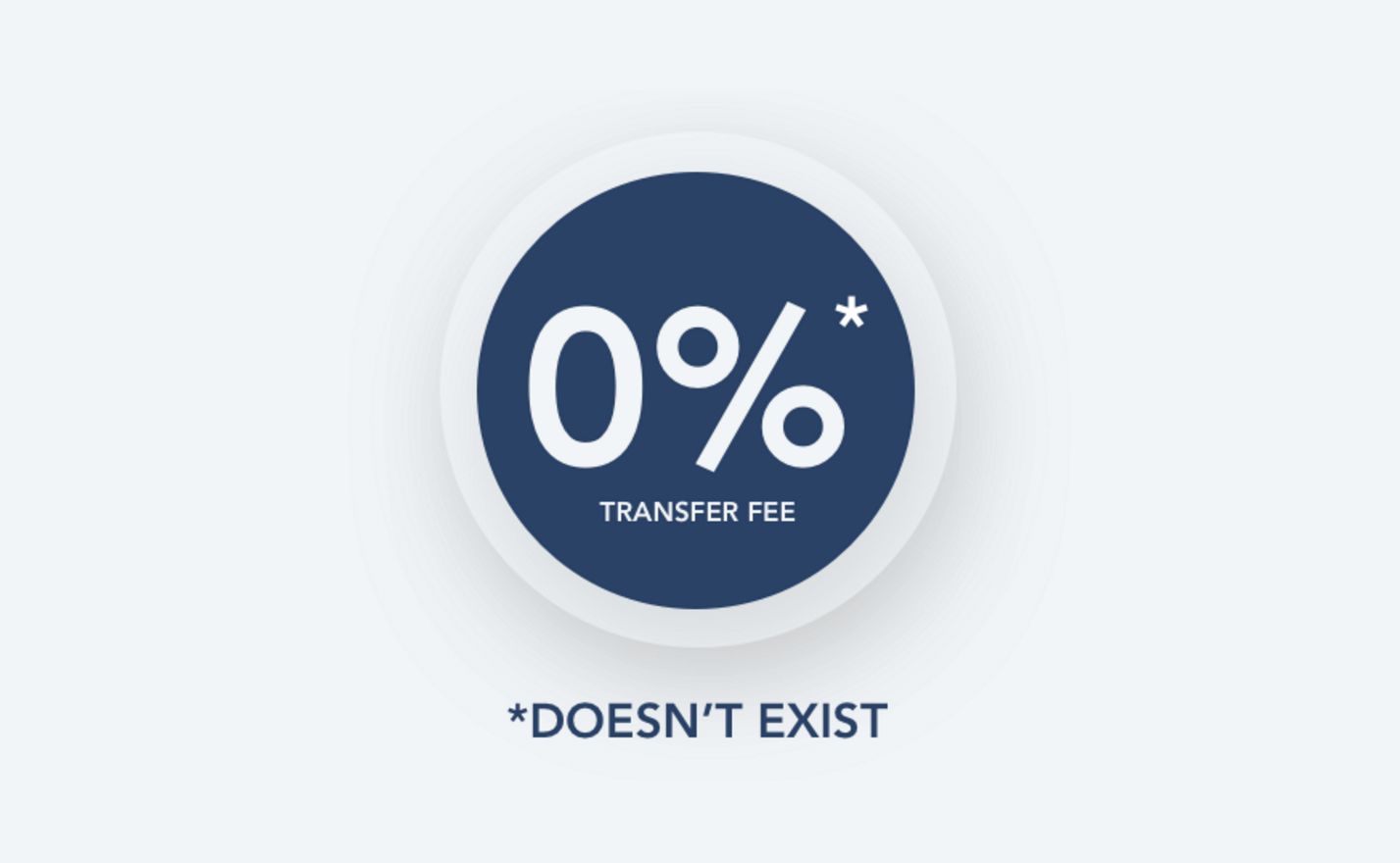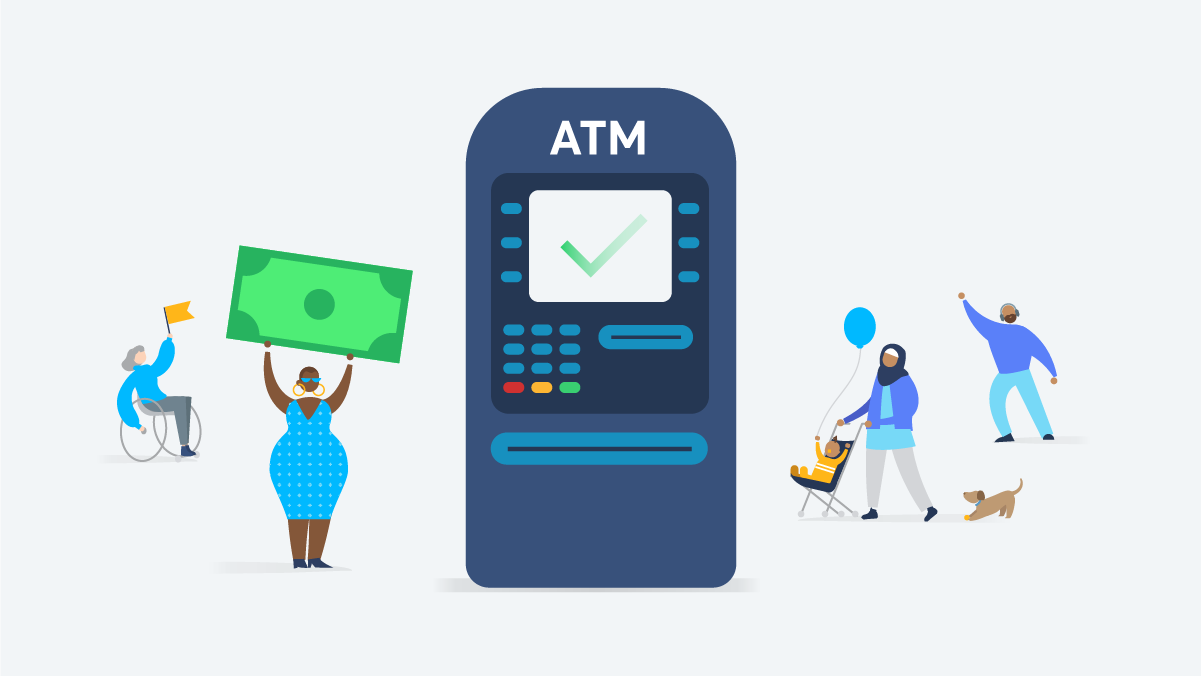FATCA penalties: What happens if you don't file on time?
FATCA penalties explained: what happens if you file late, types of fines and penalties, IRS enforcement, and ways to get back into compliance.

Transaction fees are charges attached to every purchase you make on a credit card when in another country. Often, they’re applied as a percentage of a purchase.
The Chase Freedom Unlimited credit card comes with a 3% foreign transaction fee¹.
While it is a percentage in the low single digits, fees can add up fast when you’re making travel purchases or shopping online.
This article will cover all the basics and explain to you how to avoid transaction fees with the Chase Freedom Unlimited credit card.
Getting a Wise Multi-Currency Card can be a great option to avoid these fees – helping you to save a lot of money when spending internationally.
The fee percentage for the Chase Freedom Unlimited card is 3%. This fee is added to all of your transactions abroad or all payments made online to an international merchant.
Apply that to a Pilsner in a Prague bar, and you’re only talking about a few cents. But when you apply it to something costlier like a car rental or rail ticket, it’s easy to blow through your travel cash.
This table offers an overview of Chase’s Freedom Unlimited credit card and it’s fees:
| Chase Freedom Unlimited fees¹ | |
|---|---|
| Foreign Transaction Fees | 3% |
| Annual Fee | None |
| Rewards | Automatic, unlimited 1.5% cash back on all purchases. |
| Purchase Annual Percentage Rate (APR) | 0% for the first 15 months 15.24% to 23.99% after |
| Late Payment Penalty Fees | Up to $40. |

If you’d like to save money and avoid Chase’s 3% foreign transaction fee, you may want to check out an alternative option.
This alternative can be a Wise Multi-Currency Card.
You just need to pay a one-time fee to get a card – there are no foreign transaction fees involved.
Use your Wise Multi-Currency Card to spend all around the globe using any currency. You can also take out from ATMs up to $250 every 30 days.
With Wise, there are no hidden fees, no markup on the exchange rate, ever. Just radically transparent pricing, and a commitment to consistently lowering fees over time.
Order a Wise Multi-Currency Card today
Chase offers a competitive selection of credit cards suited for the international traveler, such as the Chase Freedom card.
Each card offers perks like Chase Ultimate Rewards points, a sign-up bonus, or cash back bonus, and travelers can choose a card with an annual fee, or one that charges a fee on all foreign transactions.
If you’re in the market for a new card and have a lot of international travel ahead of you, another option can be the Chase Sapphire card, with no foreign transaction fees.
The tradeoff is an annual fee, but it will likely turn out to be more affordable than paying a 3% foreign transaction fee on every purchase.
Credit cards are a nifty portable finance tool when traveling for work or pleasure, but they can also carry one or several additional fees.
Some common fees can be: an annual percentage rate (APR), a penalty fee on late payments or on invalid payments, cash advance fees, and balance transfer fees.
But fees aren’t the only personal finance pitfall that travelers need to be aware of. Steep currency exchange rates can also take a bite out of your budget.
When in a new country, for work or pleasure, you need to have any spending cash exchanged into that country’s currency.

Currency exchange vendors profit by essentially tucking their fees into the exchange rate. They won’t charge you for the exchange.
But if you compare the exchange rate of a local currency vendor (like at the closest international airport) to the real exchange rate at Google, you’ll find that you get less cash back at a physical location. That’s how they make their money. When trying to save money on a currency exchange, look for a vendor with an exchange rate nearest to the real, mid-market rate.

An ATM is the most convenient way to get cash when you’re traveling, but smart travelers need to be wary of ATMs and their tricky fees.
When you’re in another country, ATMs often let you receive a withdrawal in the currency of your home country. That may sound convenient, but financial services aren’t doing it as a favor to you. As with other currency exchange vendors, they use an exchange rate that results in them keeping a larger chunk of the currency exchange.
Financial institutions will often call this “service” by the name “Dynamic Currency Conversion.” While it’s presented as a helpful option for the end customer, when you choose to accept a withdrawal in your home currency it allows banks to set their own currency exchange rate, and hide fees in that rate.
When ATMs offer to pay you in your home currency through Dynamic Currency Conversion, they’re trying to make extra money off of you.
Instead, when an ATM asks whether you’d like to be charged in your home currency or the local currency, choose the local currency every time. Don’t trust an ATM to give you a fair shake on currency conversion.
All sources checked on 3 May 2022
*Please see terms of use and product availability for your region or visit Wise fees and pricing for the most up to date pricing and fee information.
This publication is provided for general information purposes and does not constitute legal, tax or other professional advice from Wise Payments Limited or its subsidiaries and its affiliates, and it is not intended as a substitute for obtaining advice from a financial advisor or any other professional.
We make no representations, warranties or guarantees, whether expressed or implied, that the content in the publication is accurate, complete or up to date.

FATCA penalties explained: what happens if you file late, types of fines and penalties, IRS enforcement, and ways to get back into compliance.

Learn FATCA filing requirements: who must file, reporting requirements, deadlines, and penalties, with tips to stay compliant and avoid fines.

Have a look at our FBAR instructions: who must file, what is the threshold, which accounts count, deadlines, and important tips to avoid penalties.

Understand the FBAR reporting threshold – who is required to file it, key deadlines, penalties, exemptions, and practical steps to stay compliant.

Looking for a Paysera alternative? Compare the top 5 options in 2025 and find the best app for international payments, spending, and saving.

Looking for a Sendwave alternative? Compare the top 5 options in 2025 and find the best app for international payments, spending, and saving.